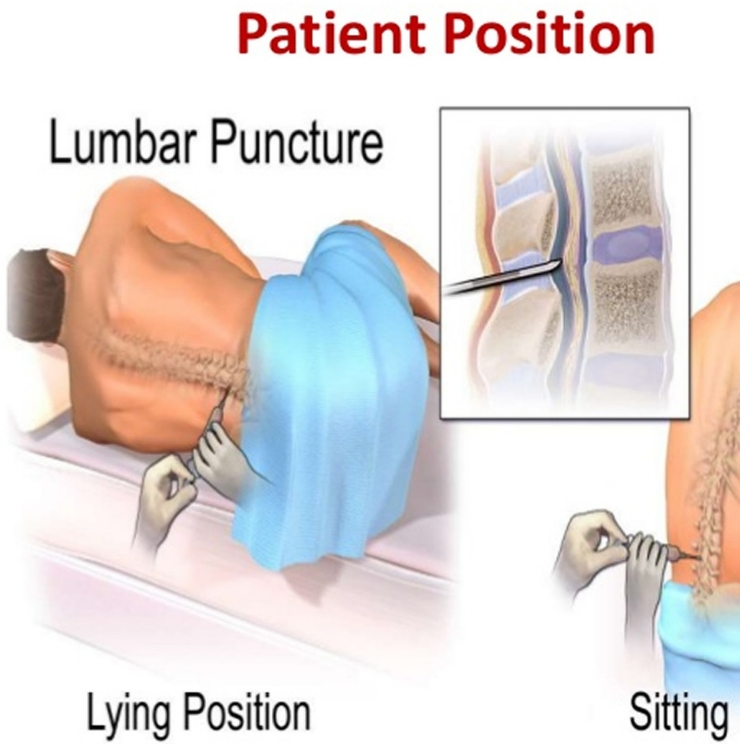Do you require any assistance? Simply reserve your appointment online below
Nerve Block Therapy
A treatment option for chronic neck and back pain
What is a nerve block?
A nerve block, or neural blockade, is a method of producing anesthesia — a loss of feeling used to prevent or control pain. Nerve blocks can be surgical or nonsurgical.
It interrupts pain signals traveling between the nerves and the brain.

When is a nerve block used?

Nerve blocks are most commonly used to prevent or control pain. A nerve block is more effective than medications given through an intravenous (IV) line. Your doctor may want to use a nerve block to manage the following types of pain:
Pain before, during, and after a neck or back surgery,
Low back pain or sciatica
Neck pain caused by herniated disks
Arthritis pain
A nerve block might also be used as a diagnostic tool to find out where your pain is originating from. By seeing how a nerve block affects your pain, your doctor may be able to determine the reason for this pain and how to treat it.
Classifications of nerve blocks
A nerve block can also be classified by how the injection is administered or by whether it’s nonsurgical or surgical:
Nonsurgical nerve blocks
- Epidural: Medication is injected outside the spinal cord to numb the abdomen and lower extremities.
- Spinal anesthesia: The anesthetic medication is injected in the fluid surrounding the spinal cord.
- Peripheral: Medication is injected around a target nerve that is causing pain.


Surgical nerve blocks
- Sympathetic blockade: Blocks pain from the sympathetic nervous system in one specific area.
- Neurectomy: A damaged peripheral nerve is surgically destroyed; this is only used in rare cases of chronic pain, where no other treatments have been successful, such as chronic regional pain syndrome
- Rhizotomy: The root of the nerves that extend from the spine are surgically destroyed. This may be used for neuromuscular conditions such as spastic cerebral palsy.
Can a nerve block be permanent?
Although nerve blocks are not for everyone suffering from chronic pain, your doctor may determine that a nerve block offers effective treatment in your case.
Nerve blocks can provide a period of pain relief by desensitizing, or numbing, sensory pathways that transmit pain messages, thus reducing the abnormal pain signals that the injured nerves send to the brain.
Most surgical nerve blocks can be considered permanent. But they are often reserved for rare cases of chronic pain when no other treatments have been successful, such as back pain or chronic regional pain syndrome.

Personalized treatment for chronic pain
Side effects and risks of a nerve block
Nerve blocks are very safe, but like any medical procedure, a nerve block carries some risks. In general, nerve blocks carry fewer side effects than most other types of pain medications.
The risks and side effects include:
Infections
Bleeding
Blocking the wrong nerve
Overdose (rare)

Effectiveness of a nerve block

The effectiveness of a therapeutic nerve block for back or neck pain varies. Some people get relief with the first injection; others need multiple nerve block injections before they begin to feel less pain. This often is the case if a spinal nerve or spinal ganglion—a nerve cell cluster near the spinal cord that transmits pain messages to the spinal cord—causes the pain.
How often the procedure needs to be repeated depends on the severity of your symptoms and other medical conditions you may have.
